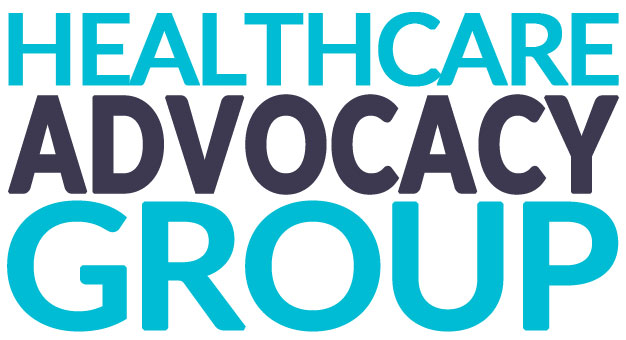Workplace Sexual Harassment
Unfortunately, employer harassment and employee discrimination tend to be more common in difficult economic times. Employer harassment can involve many situations, including sexual harassment in the workplace, employer harassment, verbal harassment and workplace harassment. Whether subtle or blatant, sexual harassment in any form is rooted in economic exploitation for an illicit purpose. It involves deliberate misconduct and is strictly illegal under state and federal laws.
The United States Supreme Court defines sexual harassment as unwelcome words or conduct sufficiently “pervasive or severe” to alter the conditions of employment and create a hostile work environment. A fine line exists between what constitutes sexual harassment and innocent interaction between the sexes. An isolated request for a date or phone number is not harassment, even if at work, and, in some instances, vulgar comments may not be either. Stalking and unwanted touching almost always are. There is, of course, a broad gray area. Each case needs to be evaluated carefully to determine whether grounds for suit exist.
Have you been harassed sexually in the workplace?
If the harassment you experienced is of a sexual nature — that is, suggestive language meant to embarrass you or to goad you into sexual behavior — or if your refusal of sexual advances has led to undesired consequences, you may have reason to respond with legal action with the help of an experienced California employment attorney. Sexual harassment may include:
- Intimidation and bullying
- Coercion of a sexual nature
- Promise of rewards in exchange for sexual favors
- Verbal sexual abuse
- Physical sexual assault
Employers are not automatically responsible for the conduct of every employee in the workplace. But employers are automatically liable for sexual harassment by supervisors and harassment by any employee, if the employer knows about it and does not take reasonable steps to prevent it and working conditions are affected by the harassment.
Hostile Workplace Environment
A workplace becomes a hostile environment when the behaviors of one or more co-workers create discomfort for one or more other workers. In legal terms, a hostile work environment is characterized by unwelcome conduct in the form of discriminatory harassment toward one or more employees. Harassment means disturbing someone persistently, bothering someone continually or pestering them.
The harassment in a hostile work environment may be based on race, skin color, religion, national origin, disability, age, gender or sexual orientation. The harassment must be severe, recurring and pervasive for a workplace to be legally considered hostile. To achieve a successful claim, the victim of a hostile workplace (and witnesses) must reasonably believe they had no choice but to endure the hostile words and actions in order to keep their jobs.
A hostile work environment can also be a boss or manager taking actions meant to make you quit your job. If you were injured on the job, reported safety violations, tried to form or join a union, complained to upper management about an issue, or spoken out for other employees, you could be targeted. If your manager has written you up for work rules you didn’t break, reduced your hours, scheduled you for abnormal shifts or reduced your salary, that action may be viewed as creating a hostile work environment. Often this is an attempt to make an employee quit so the employer does not have to pay unemployment benefits.
Have You Been Injured? We Are Here To Help!
Contact Us Today!
Fill out the form below, or contact us directly at (713) 952-2500.
SUFFERING FROM OTHER INJURIES?

Sexual Violence
Workplace violence is violence or the threat of violence against workers. The Bureau of Labor Statistics (BLS) Census of Fatal Occupational Injuries.

Chemical & Toxic Exposure
Decades of industrial activity left their mark hidden in the soil and air. When allowed to come in contact with the human body, serious and often deadly consequences result.

Construction Injuries
The US Department of Labor’s Bureau of Labor Statistics collects data and compiles census information on fatal and non-fatal injuries in the workplace.

Truck Car Wrecks
If you or a loved one suffered injuries and damages in a truck or car wreck, you may be entitled to compensation.


